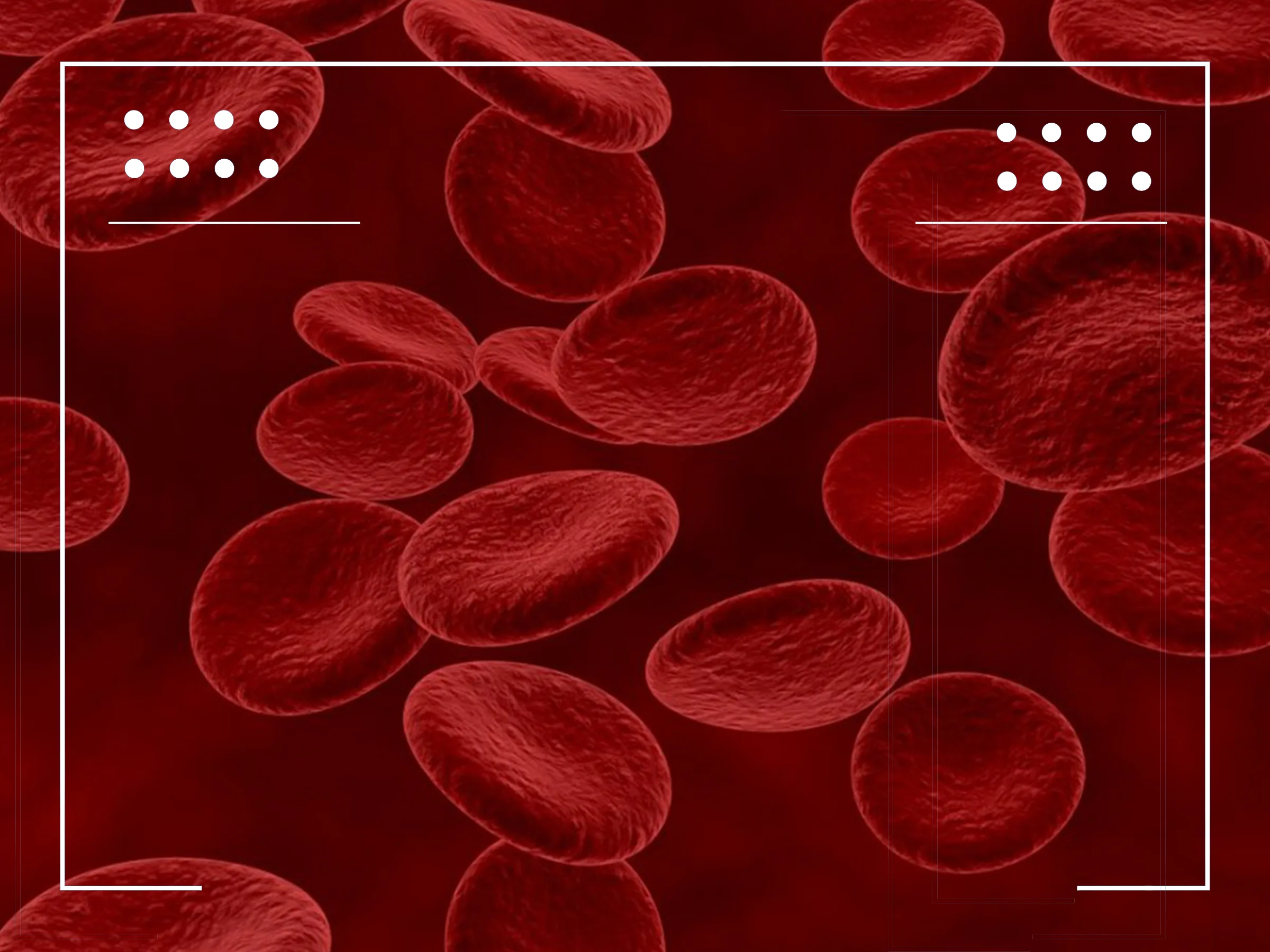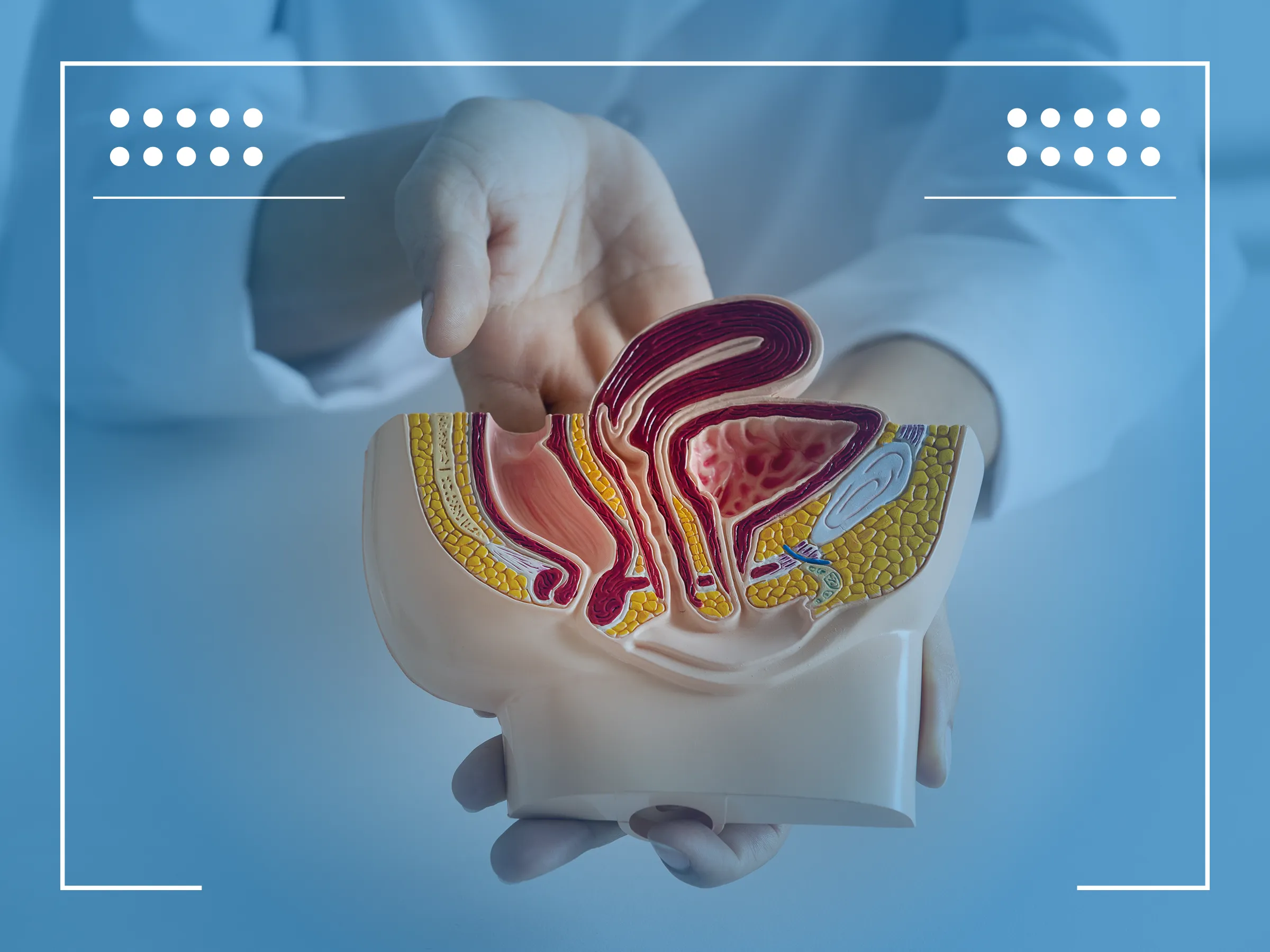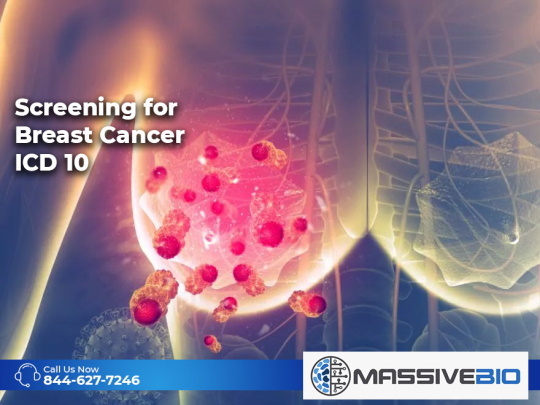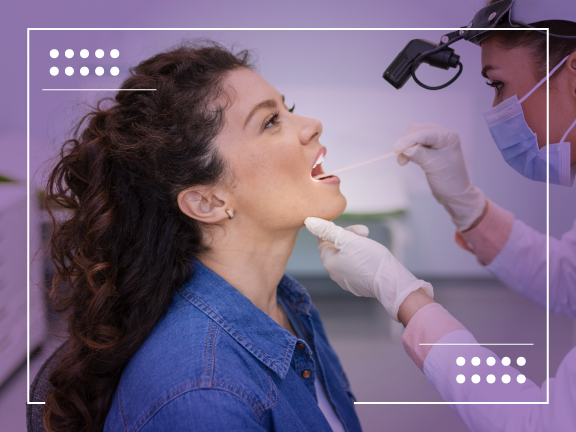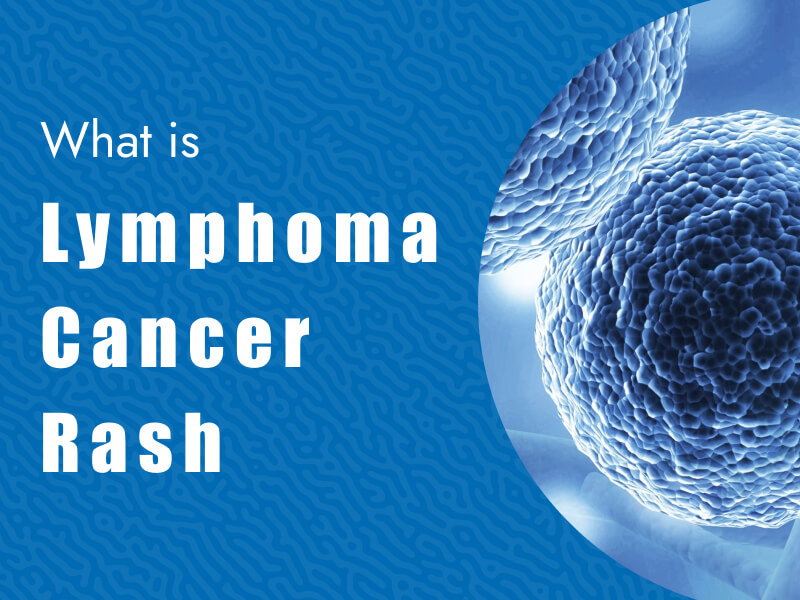Stage 4 vulvar cancer indicates an advanced and worrying stage of the disease. This stage indicates that the cancer has spread beyond the vulva to distant organs or lymph nodes. At this critical stage, treatment options become more limited and the prognosis worsens significantly. Patients with this cancer often experience pelvic pain and urinary or bowel dysfunction. They also experience a range of symptoms, such as visible swelling in the groin area due to enlarged lymph nodes.
Stage 4 vulvar cancer refers to an advanced stage where the cancer has metastasized widely. Therefore, it poses a formidable challenge for both patients and healthcare providers. End-stage treatment for vulvar cancer typically involves procedures to manage symptoms and prolong survival. These include a combination of therapies including surgery, chemotherapy, radiation therapy, and targeted therapy. Palliative care also plays an important role in providing comfort and support to patients facing the challenges of advanced disease. Innovations in cancer treatment are constantly emerging. Early diagnosis is very important to easily cope with the challenges posed by this cancer.
Swollen Lymph Nodes Stage 4 Vulvar Cancer
Swollen lymph nodes stage 4 vulvar cancer serve as a significant indicator of an advanced stage of the disease, where cancer originating in the vulva has not only infiltrated surrounding tissues but has also metastasized to nearby lymph nodes and potentially distant organs. Vulva cancer, particularly squamous cell carcinoma, stands as the most prevalent malignancy affecting the external female genitalia, presenting diverse vulva cancer symptoms that may include persistent itching, pain, or the presence of a lump or sore on the vulva that fails to heal. In such cases, the identification of swollen lymph nodes often suggests an aggressive disease course, prompting further investigation and intervention.
The management of vulva cancer stage 4 demands a comprehensive treatment strategy tailored to the individual patient’s circumstances. Typically, a multidisciplinary approach is employed, combining various modalities such as surgery, chemotherapy, and radiation therapy, contingent upon the extent of the disease and the overall health status of the patient.
Additionally, the presence of lichen sclerosus, a chronic inflammatory condition affecting the vulvar skin, emerges as a notable risk factor predisposing individuals to the development of vulva cancer. This condition may induce alterations in the texture and appearance of the vulvar skin, rendering it more vulnerable to injury or infection and potentially fostering the initiation and progression of malignancy. Hence, early detection and prompt management of stage 1 vulvar cancer symptoms assume paramount importance, not only in enhancing treatment outcomes but also in minimizing the likelihood of disease advancement and associated complications.
In essence, the identification of swollen lymph nodes amidst the context of stage 4 vulvar cancer underscores the imperative for vigilant surveillance and proactive intervention. Through close monitoring of symptoms and diligent adherence to follow-up protocols, healthcare providers can strive to optimize treatment efficacy, ameliorate patient outcomes, and instill hope in the face of this challenging malignancy.




